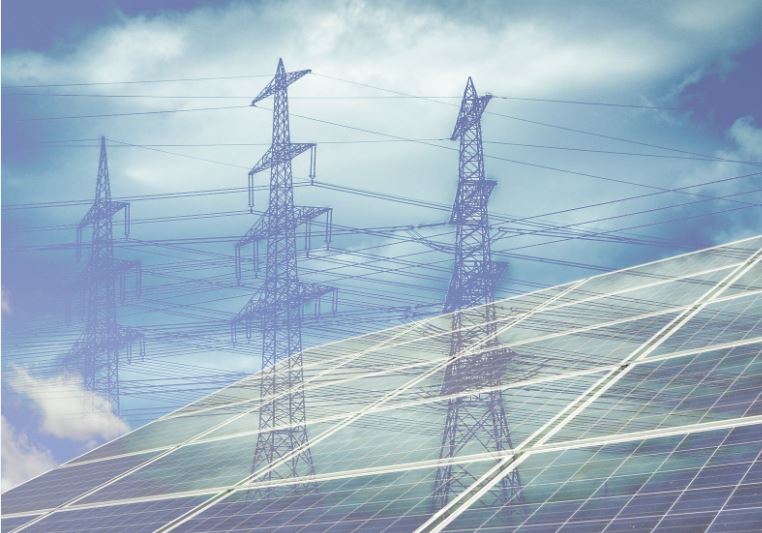Last month, Dubai received a bid for an 800MW plant at a power price of 2.99 cents per KWh, which according to reports, is cheaper than a coal-fired power plant commissioned in October. Bloomberg reported that the price is lower than the previous record-low at 5.85 cents per KWh, contracted by Dubai for a 200MW solar plant in January 2015. The record set in Dubai now lies at 15 percent lower than the previous record holder, Mexico, which set a new record last month.
At a time of plummeting costs of solar energy, renewable energy will account for 40 percent of the global electricity output capacity by 2030. According to the International Renewable Energy Agency (IRENA), it will almost double today’s capacity. Profitability of the cheaper projects has come into question during this time of plunging costs along with the bankruptcy of the largest global renewable energy developer, SunEdison Inc.
Banks are becoming wary of financing projects after the collapse of the world’s largest renewable energy company. After recent auctions in Mexico, Peru, and Chile, the respective winners represented a range of power companies like Enel SpA, which may have focused more on obtaining market share over prioritising profit maximisation. According to the UAE publishing company MEED, the group behind the record-low bid Dubai received, include Masdar Abu Dhabi Future Energy Company, Spain’s leading solar developer Fotowatio Renewable Ventures (FRV) and Abdul Latif Jameel of Saudi Arabia.
Compared with the coal plant commissioned by Dubai last October, the 2.99 cents bid for the solar project is a third lower than the electricity that will be generated by the plant. It is expected that the facility will feed power onto the grid at 4.501 cents per KWh under its 25-year power purchase agreement, which is set to begin generating from 2020.
The drop in crude prices has subsequently caused a change in financial appeal towards alternative fuels, which according to IRENA, has curbed investment in biofuels. Adnan Amin, director-general of IRENA, said: “There is a lot of momentum looking at electric mobility powered by renewables, but we’ve seen a real negative impact has been on biofuel investment.”
